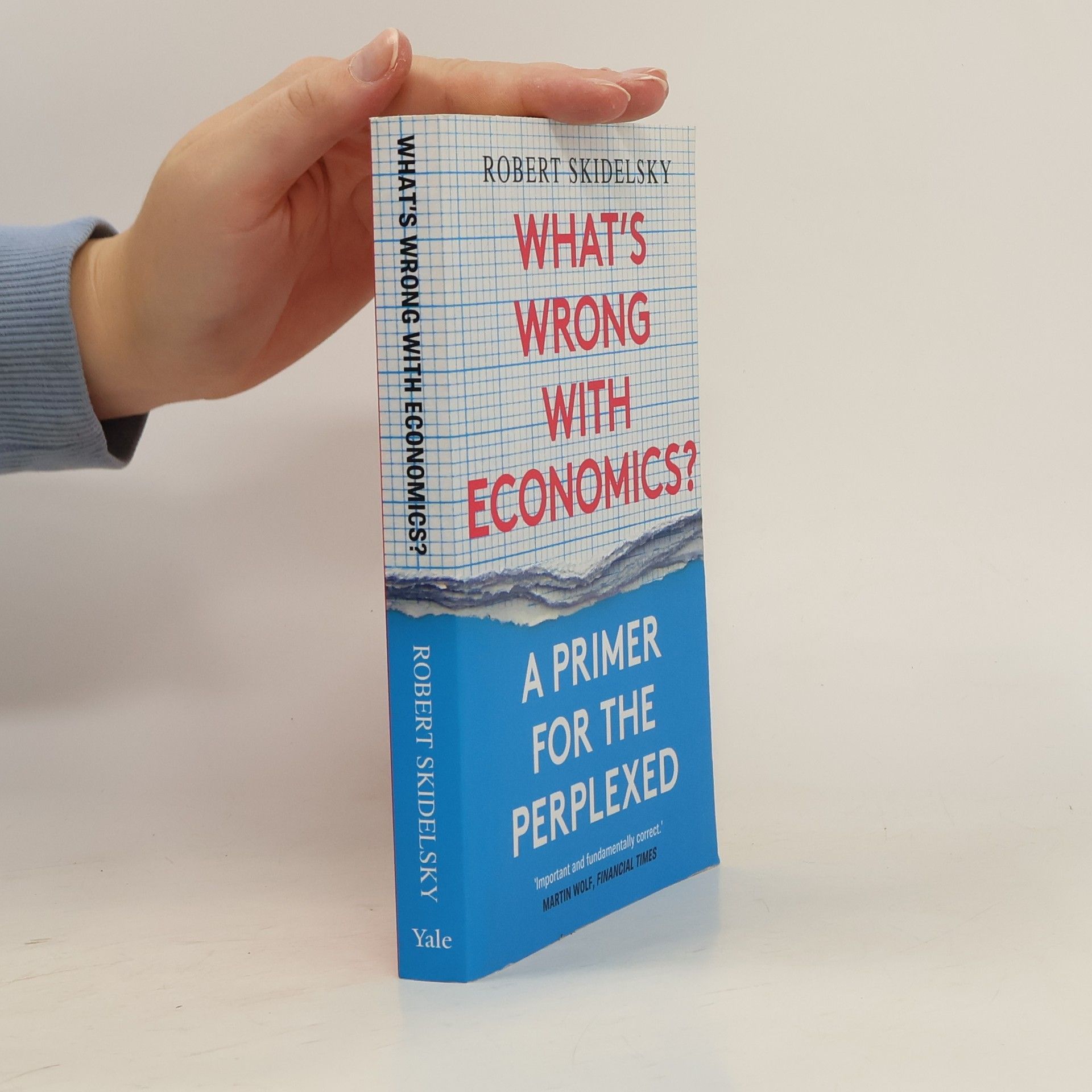Robert Skidelsky Books
Lord Skidelsky is an Emeritus Professor of Political Economy whose work delves into the role of the state in economic affairs and the repercussions of globalization. His extensive biographies of J. M. Keynes and his writings on communism reveal a deep engagement with pivotal figures and ideologies of the 20th century. Skidelsky's prose is analytical and incisive, tackling complex economic and political subjects. His scholarship often draws historical parallels, offering profound insights into the challenges facing the contemporary world.
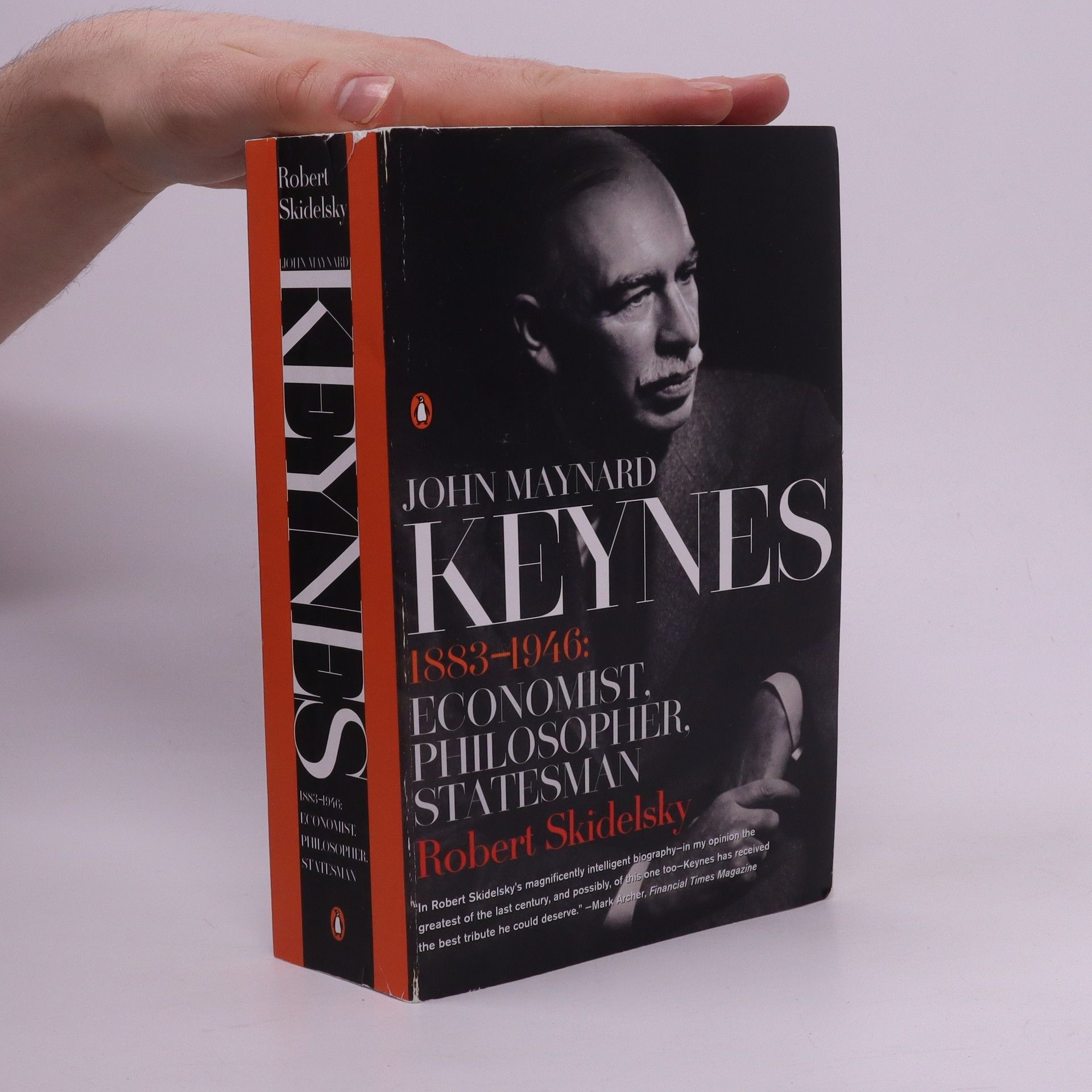
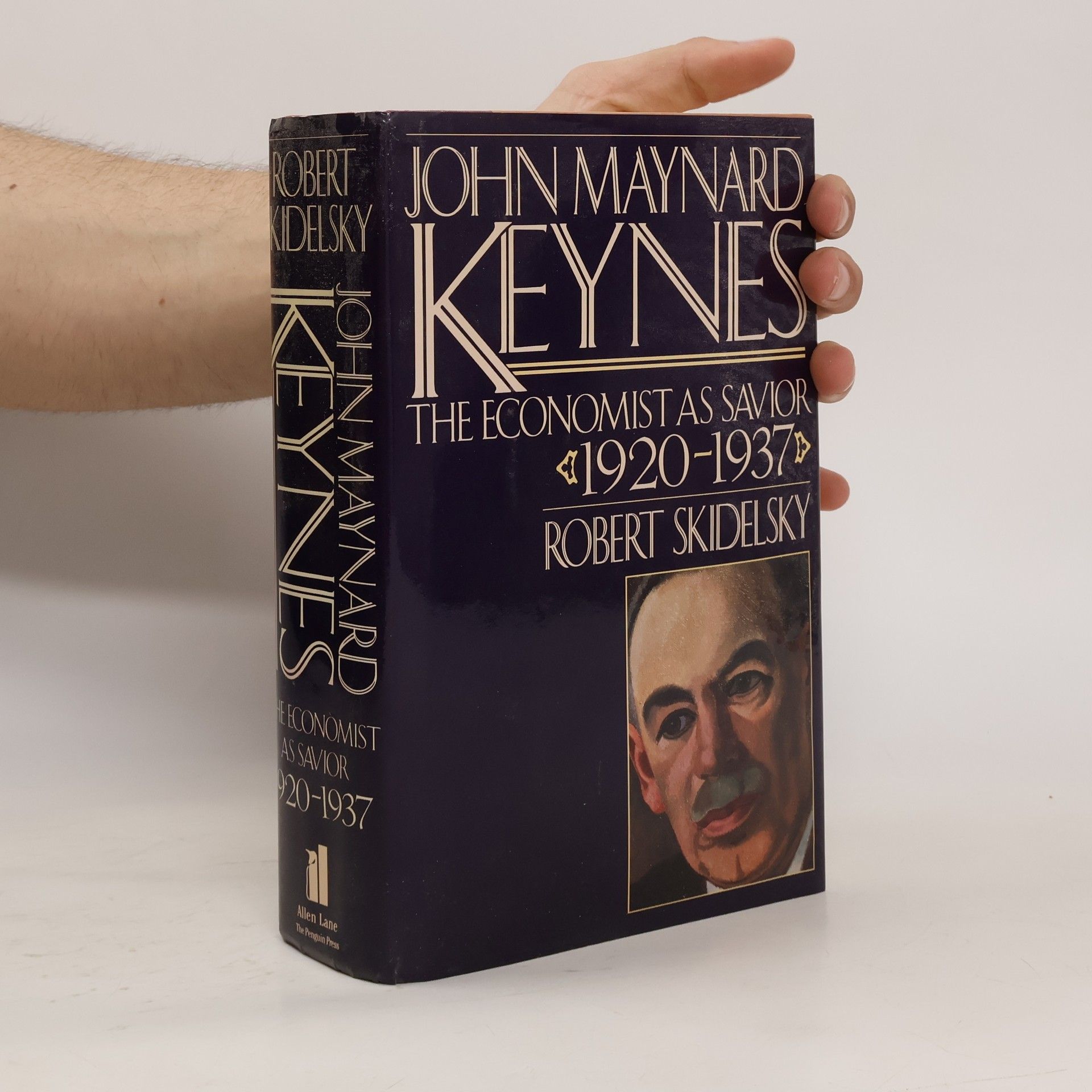
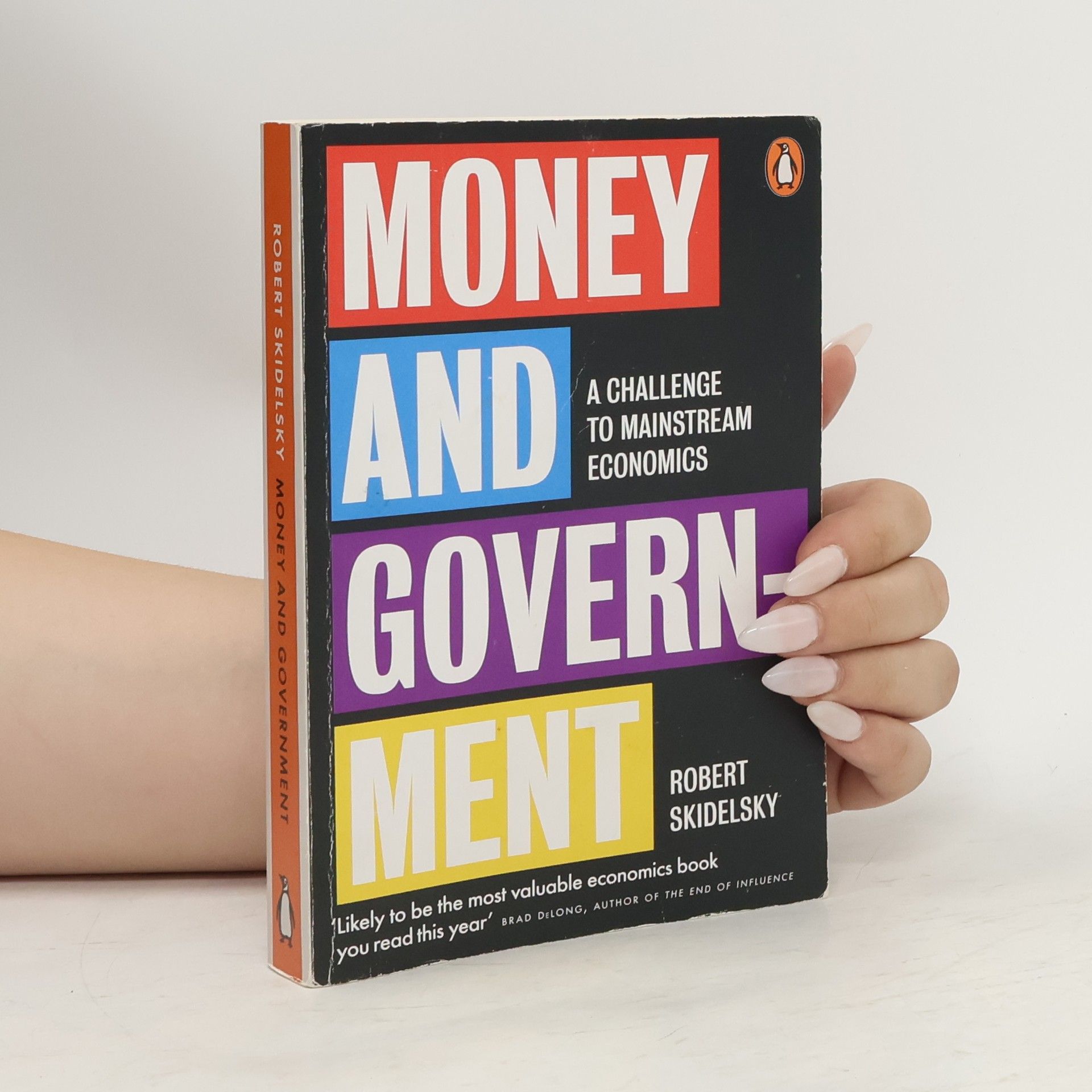
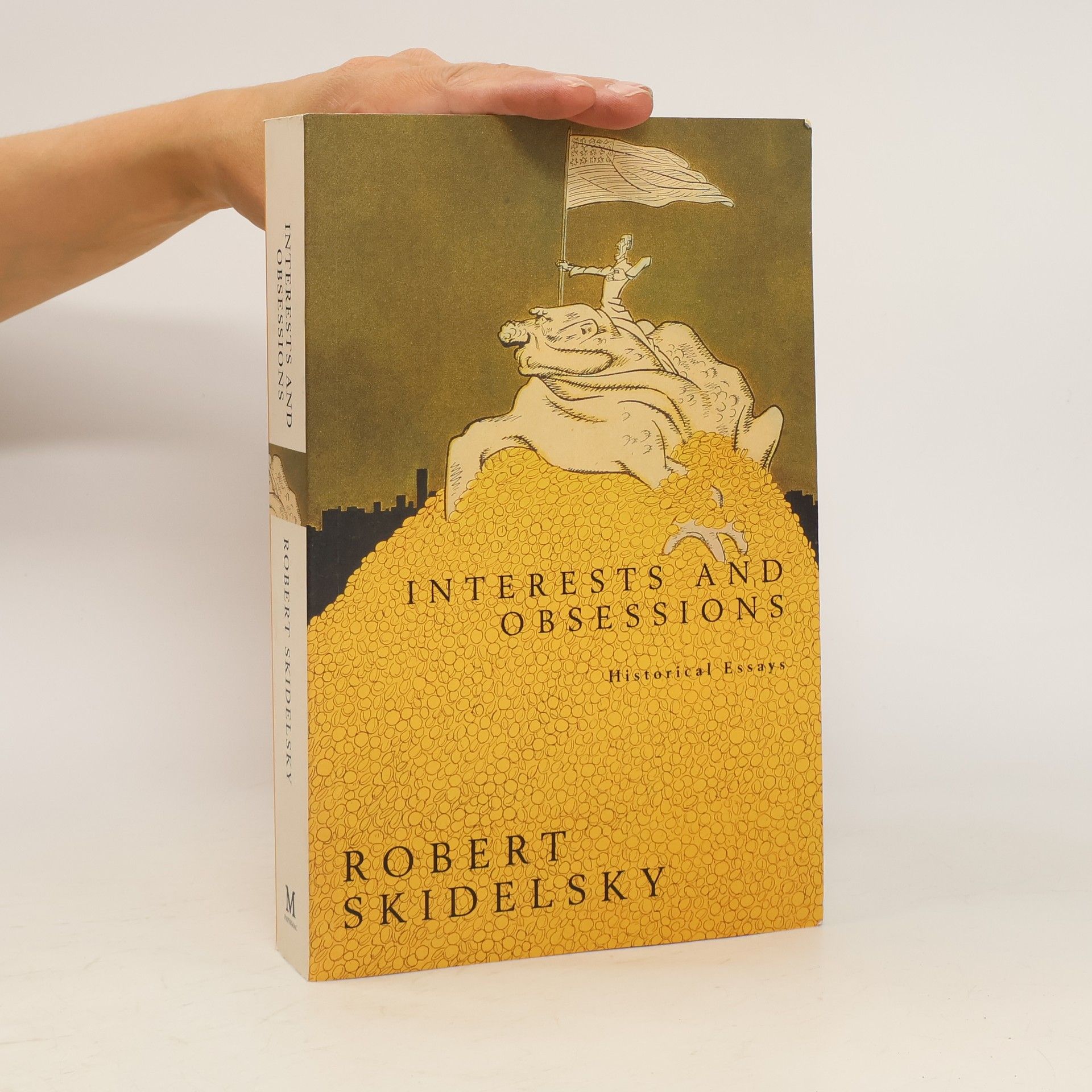
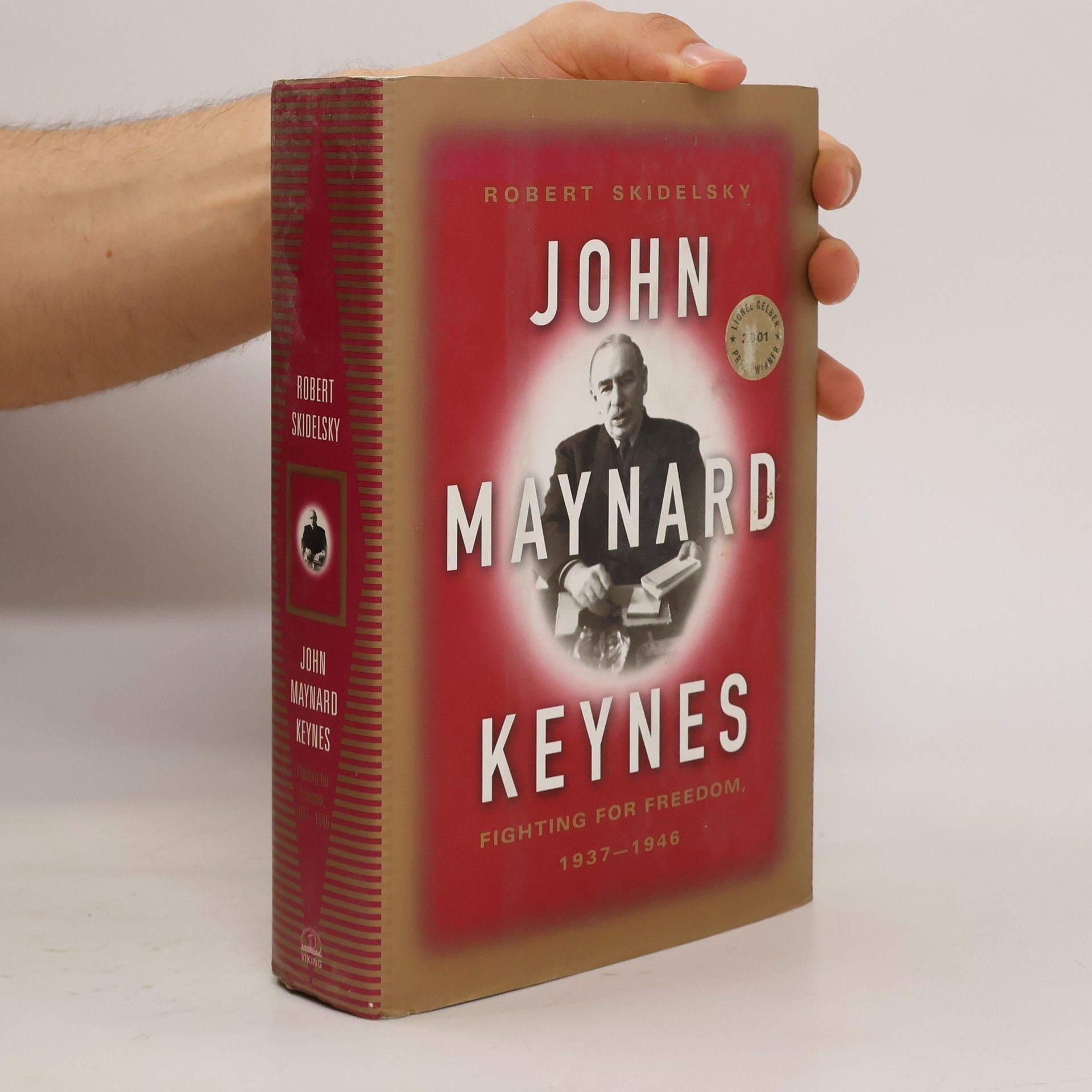
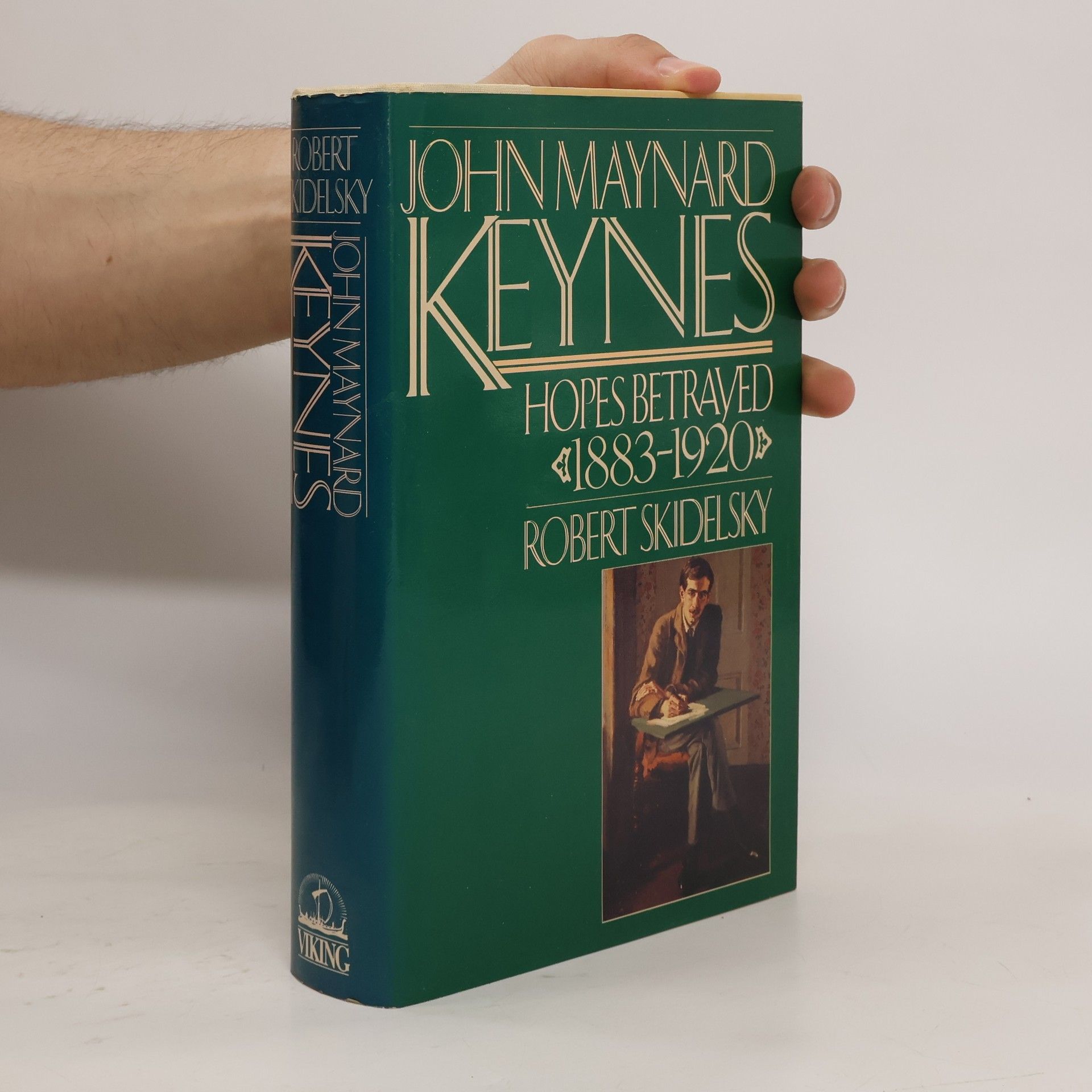
John Maynard Keynes. Vol. 3, Fighting for freedom, 1937-1946
- 580 pages
- 21 hours of reading
Traces the economist's life and work, offering a portrait of his public and private life.
The interplay between politics, economics and ideas from the late 19th century is focused upon in these essays. A series of figures and subjects crucial to an understanding of modern history are included, such as Sidney and Beatrice Webb. Skidelsky is winner of the 1993 Wolfson History Prize.
Money and Government : A Challenge to Mainstream Economics
- 352 pages
- 13 hours of reading
In this remarkable work, Robert Skidelsky combines his expertise in a sweeping account of money and power. The prevailing economic view suggests that money and government should play a minimal role in economic life, portraying money merely as a medium of exchange and advocating for the 'invisible hand' of the market. However, this book argues that uncertainty makes money and government crucial in any market economy. Money is necessary because the future is unpredictable, and effective government can reduce this uncertainty, thereby diminishing the demand for money. Following Adam Smith, orthodox economics favored non-intervention until the Great Depression of 1929-32 challenged this perspective, leading to the rise of Keynesian economics as a new policy paradigm. Yet, the stagflation of the 1970s prompted a rejection of Keynesian policies in favor of neoclassical orthodoxy. Despite the severe 2008 financial crash, which was addressed with Keynesian measures, the pre-crash orthodoxy was reinstated, continuing to impose austerity measures that have left the global economy weak. This book seeks to introduce readers to the essential elements of Keynes's ideas, arguing that much of economic orthodoxy is not the hard science it claims to be. It aims to inspire the next generation of economists to recognize the vital roles of money and government in the economic landscape.
John Maynard Keynes: The economist as saviour, 1920-1937
- 768 pages
- 27 hours of reading
Ten years in the making, the second volume of Skidelsky's acclaimed biography of Keynes takes up the story of this century's most important economist after the controversial publication of The Economic Consequences of the Peace, and traces his life, his work, and their relationship to world events throu gh the reception of The General Theory in 1937. Photos.
John Maynard Keynes, 1883-1946 : economist, philosopher, statesman
- 1056 pages
- 37 hours of reading
THE DEFINITIVE SINGLE-VOLUME BIOGRAPHYRobert Skidelsky's three-volume biography of John Maynard Keynes has been acclaimed as the authoritative account of the great economist-statesman's life. Here, Skidelsky has revised and abridged his magnum opus into one definitive book, which examines in its entirety the intellectual and ideological journey that led an extraordinarily gifted young man to concern himself with the practical problems of an age overshadowed by war. John Maynard Keynes offers a sympathetic account of the life of a passionate visionary and an invaluable insight into the economic philosophy that still remains at the centre of political and economic thought.ROBERT SKIDELSKY is Emeritus Professor of Political Economy at the University of Warwick. His three volume biography of John Maynard Keynes (1983, 1992, 2000) received numerous prizes, including the Lionel Gelber Prize for International Relations and the Council on Foreign Relations Prize for International Relations. ('This three-volume life of the British economist should be given a Nobel Prize for History if there was such a thing' - Norman Stone.) He was made a life peer in 1991, and a Fellow of the British Academy in 1994.'A masterpiece of biographical and historical analysis' - New York Times
Exploring humanity's complex relationship with machines, the book examines the waning faith in technology as a solution to societal issues. It highlights concerns about automation, surveillance, and the potential threats from artificial intelligence. The narrative traces the evolution of our interaction with tools, questioning why certain regions advanced technologically. By intertwining philosophy, science, economics, and fiction, the author advocates for understanding technology as a system of ideas, urging a conscious choice in its application to better serve human needs and aspirations.
"A passionate and informed critique of mainstream economics from one of the leading economic thinkers of our time. This insightful book looks at how mainstream economics' quest for scientific certainty has led to a narrowing of vision and a convergence on an orthodoxy that is unhealthy for the field, not to mention the societies which base policy decisions on the advice of flawed economic models. Noted economic thinker Robert Skidelsky explains the circumstances that have brought about this constriction and proposes an approach to economics which includes philosophy, history, sociology, and politics. Skidelsky's clearly written and compelling critique takes aim at the way that economics is taught in today's universities, where a focus on modelling leaves students ill-equipped to grapple with what is important and true about human life. He argues for a return to the ideal set out by John Maynard Keynes that the economist must be a "mathematician, historian, statesman, [and] philosopher" in equal measure."--Provided by publisher.
Keynes
- 256 pages
- 9 hours of reading
When unbridled capitalism falters, is there an alternative? This title shows how the great economist's ideas not only explain why the current financial crisis occurred - but are our best way out.
A sweeping history of and meditation on humanity's relationship with machines, showing how we got here and what happens nextWe live in a world made by machines; their development set its beat. This book tells the story of our relationship with machines from humanity's first tools down to the present and into the future. It charts the causes and courses of technological progress across epochs, revealing its impedances and accelerants, its interactions with capital and ascent to the first principle of the modern era.Tracing the promise of machines to liberate us from work and want and the accompanies threat of redundancy and subjection from ancient times to our own, Robert Skidelsky demonstrates how our creations not only reflect our ideas and ideals but also remake them. Taking in the peaks of philosophy and triumphs of science, the foundation of economics and speculations of fiction, he undertakes a fascinating intellectual journey through the evolution of our understanding of technology, and what this means for our lives and politics. It is an account that offers an escape from many assumptions about the potential and perils of machine learning and the technologies shaping the world now - and from the risks they pose to the future.

